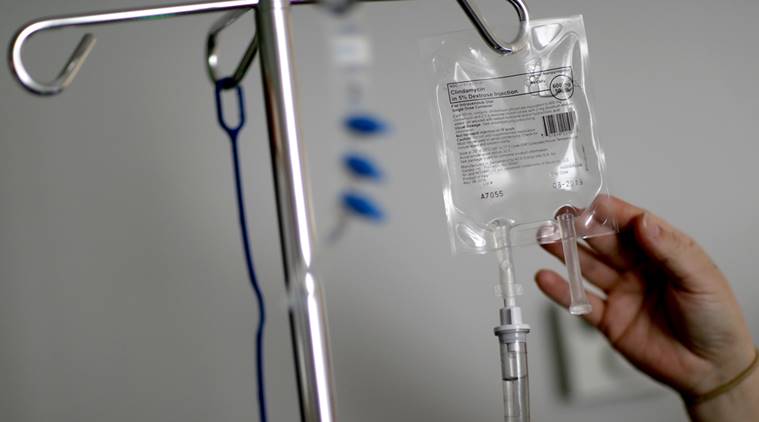
In the last five years, 72 people died and 1,527 were affected in Maharashtra due to leptospirosis, an infectious bacterial disease that commonly occurs during monsoons.
Mumbai has recorded the highest number of leptospirosis cases. According to data from the state health department, 309 cases were recorded in 2018, of which 218 cases and 12 deaths were from Mumbai — one more person who died was from Kalyan. Heavy rains in Mumbai and the coastal belt have led to the government stepping up its surveillance for fever and ensuring the availability of diagnostic kits across district hospitals.
“The Konkan belt is endemic for leptospirosis — a bacterial disease where one can get infected after coming in contact with the urine of infected animals such as rats, mice and cattle. This year, we have registered 36 cases, of which 25 are from Mumbai. The remaining 11 cases are spread across Sindhudurg, Bhiwandi and Pune,” Dr Pradip Awate, state surveillance officer, told The Indian Express.
Government data also shows that in 2017, 398 cases of the disease were recorded and 18 died across the state. In 2016, 367 people were infected while 13 died. There were 21 deaths and 238 recorded cases in 2015, while 2014 saw seven deaths and 179 cases. Districts where the disease is endemic include Sindhudurg, Ratnagiri, Raigad, Palghar and Thane, as well as municipal corporations in and around Mumbai including Kalyan, Thane, Dombivali, Navi Mumbai and Panvel.
The state health department has identified high-risk areas after heavy rains led to waterlogging in Mumbai and other regions. It has started chemoprophylaxis (giving 200 mg of doxycycline once a week for six weeks) to people, especially those at high risk such as rice paddy field workers, sewer workers and those working at abbatoirs.
“People have been wading through rainwater and it is likely that they are exposed to this disease, which is usually contracted by broken skin and mucous membrane (eyes, nose, sinuses, mouth) coming in contact with contaminated water or soil. The spectrum of the disease may range from mild infection to life threatening pulmonary and renal complications,” said Awate.
The state surveillance officer also said an inter-departmental coordination mechanism has been set up for rat control — departments such as agriculture, forest, rural development and health have been working to prevent and control the spread of the disease. The health department has ensured a sufficient stock of the drug needed to treat leptospirosis, while rapid diagnostic test kits have been provided at district and rural hospitals, he added.